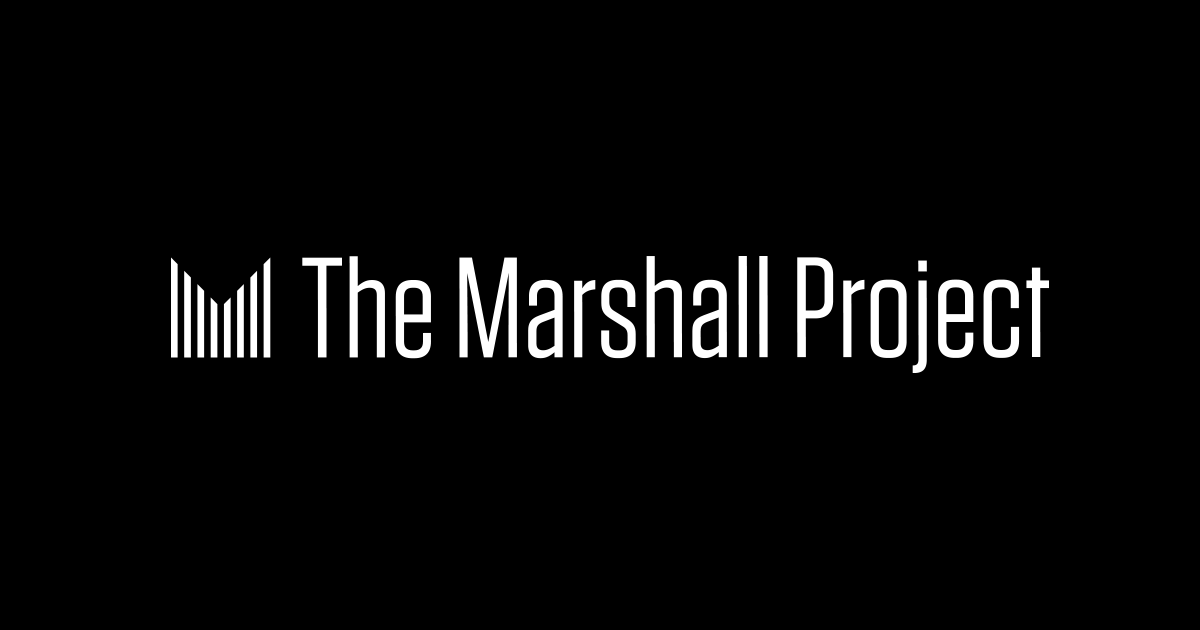
 What society owes the exonerated.
What society owes the exonerated.
The recent and tragic suicide of my friend and fellow exoneree Darryl Hunt is a stark reminder that no monetary compensation can make up for the psychological toll of wrongful conviction. When a wrongfully convicted person is released from prison, it’s often to a throng of reporters clamoring to capture images of an emotional reunion with his smiling family and friends, and lawyers. These images instill a sense of vindication and a happy ending. But what is too often unseen is how difficult it is to re-enter society after years or decades of confinement — especially if you are innocent. These are the unseen scars, and too many states pay them inadequate attention, or none at all.
In 1984, when he was 19, Darryl, an African-American man, was convicted ofa crime he didn’t commit, the rape and murder of a young white woman in Winston-Salem, North Carolina, on the basis of a tentative eyewitness identification and the pressured testimony of a girlfriend who later recanted. It was a racially charged trial. Darryl consistently professed his innocence, even refusing a plea that would have set him free years before his 2004 exoneration. After DNA evidence exonerated him, Darryl had to file a lawsuit to win compensation; he was awarded a settlement of $1.7 million in 2007. North Carolina has since updated its compensation statute to provide job-training and college tuition for exonerated inmates, but compensation is now capped at $750,000, an inadequate amount for someone who paid for another man’s crime with 20 years of his life. Read More »